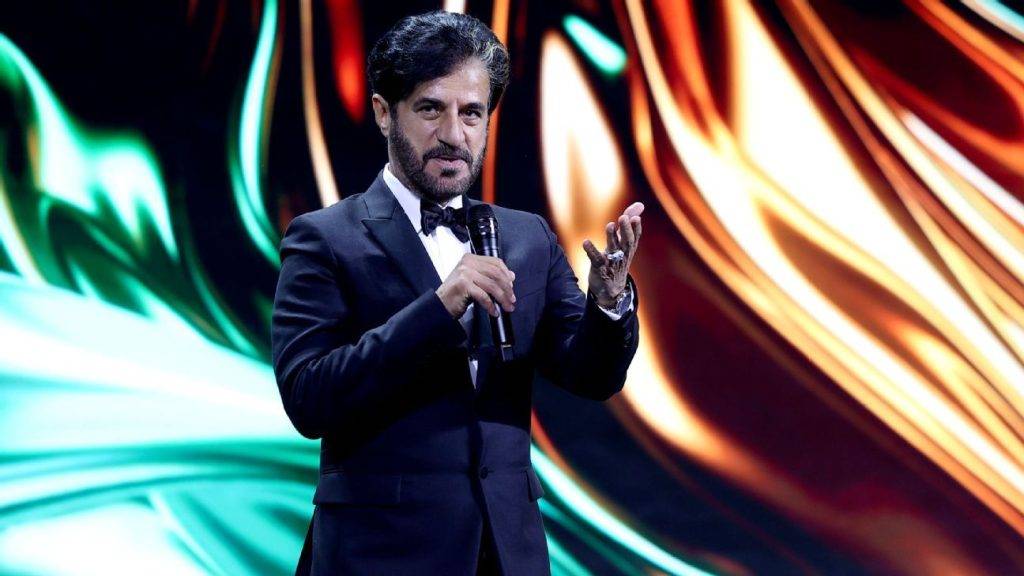Discussion on Potential Return of V10 Engines Scheduled for Next Week
Formula 1‘s engine manufacturers are set to convene next week, ahead of the Bahrain Grand Prix, to deliberate on the possibility of reintroducing V10 engines to the sport. Sources have confirmed that the meeting will explore the level of support and opposition to this initiative, sparked by comments from FIA President Mohammed Ben Sulayem regarding a potential simplification of the current engine regulations.
Background on V10 Engine Proposal
The FIA’s contemplation of a return to V10 engines revolves around a timeline suggesting implementation as early as 2028 or 2029. This consideration comes in the wake of growing concerns about the costs associated with the current hybrid V6 engines, which have seen manufacturers invest millions in their development. The proposal, presented by Ben Sulayem, aims to simplify F1’s engine formula and reduce operational expenses.
Manufacturer Concerns
Despite the potential benefits, existing manufacturers express apprehension about the V10 proposal. Teams like Audi, who are set to take over the Sauber outfit under the new regulations, entered F1 based on a commitment to the current hybrid engine framework. Similarly, Honda’s involvement with Aston Martin is predicated on continuing with the V6 regulations, further complicating any move back to older technology.
Reactions from the Paddock
Leading figures within the F1 community have voiced varied opinions on the V10 discussion. Aston Martin’s team principal, Andy Cowell, has raised concerns, positing that reverting to V10s—last featured in the sport in 2005—would represent a backward step, arguing that the focus should remain on the advancements of modern engines.
Shifting Trends in the Automotive Industry
Interestingly, some teams are reportedly more receptive to the V10 concept, citing a trend within the automotive industry leaning towards sustainable fuels rather than pure electric alternatives. Should the sport adopt a V10 engine running on such fuels, it could facilitate substantial cost savings while aligning F1’s future with broader sustainability goals.
Upcoming Meeting in Bahrain
The meeting in Bahrain promises to be pivotal, as it could determine the trajectory of Formula 1’s engine regulations over the next decade. Topics on the agenda will include discussions on V10s and the potential for expedited implementation of the 2026 rules to revisit older engine configurations before the decade concludes.
Conclusion
As the F1 landscape continues to evolve, the upcoming discussions surrounding the V10 engine proposal could be a game-changer for the sport, bridging the gap between tradition and innovation while addressing cost and sustainability challenges. The motorsport world will be watching closely to see how this debate unfolds and what it means for the future of Formula 1.


